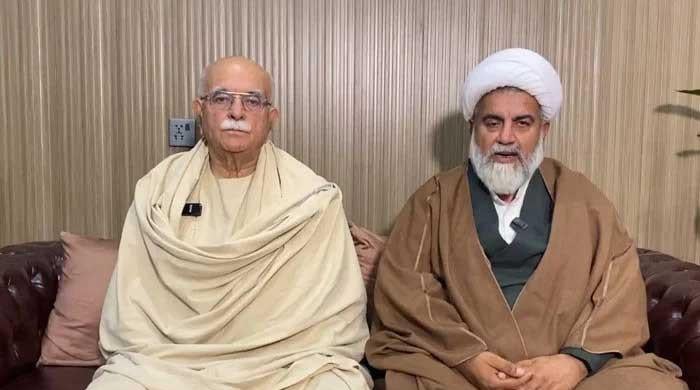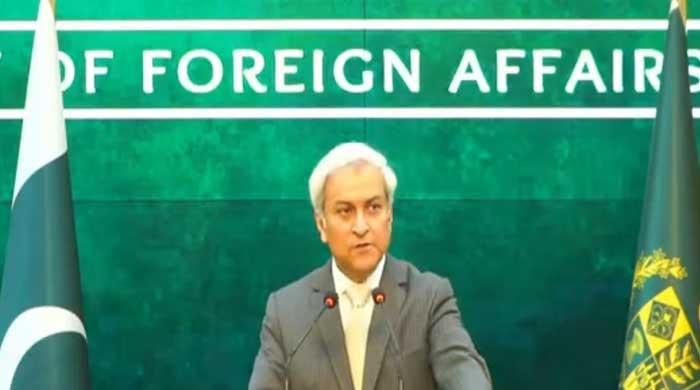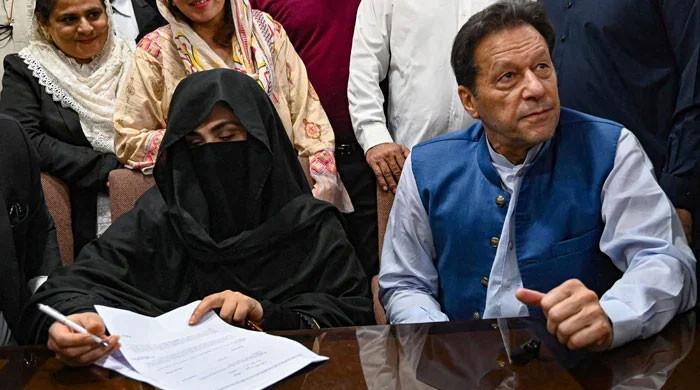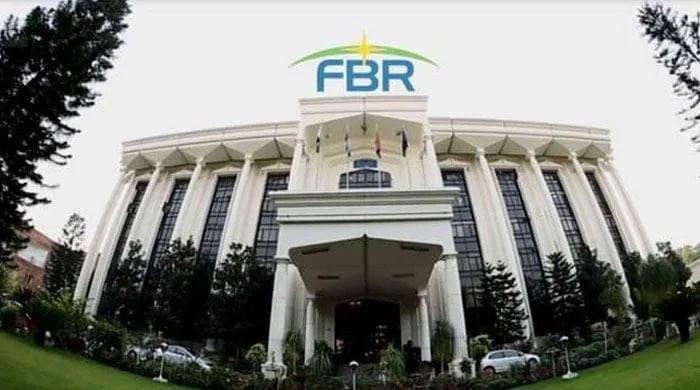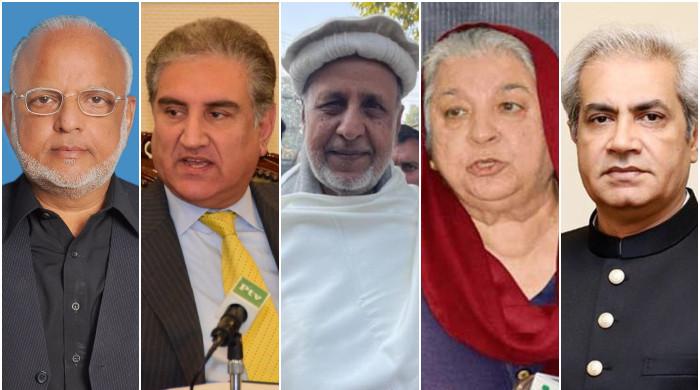PPP declines to back core 27th Amendment clauses
However, Bilawal-led party agrees to amend Article 243, create constitutional court, and consult on judges’ transfers
November 08, 2025
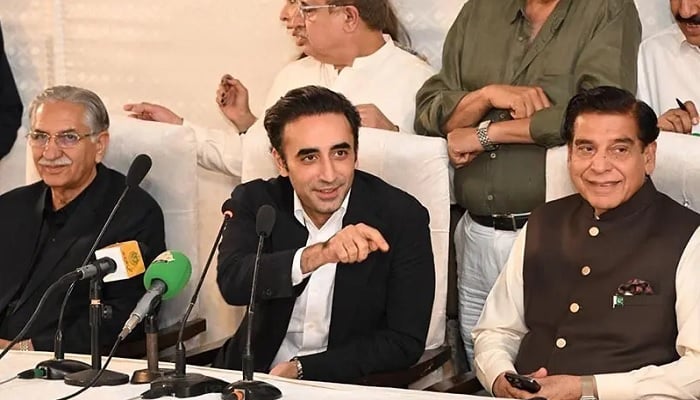
- PPP rejects reversing Schedules 2 and 3 on provincial autonomy.
- Opposes amendments on CEC appointment, dual citizenship.
- Resists restoring executive magistrates’ powers.
KARACHI: The Pakistan Peoples Party (PPP) has drawn clear red lines around the proposed 27th Constitutional Amendment, rejecting several clauses it says would chip away at provincial rights, judicial autonomy or democratic safeguards, according to sources.
Party insiders say these objections track closely with Chairman Bilawal Bhutto-Zardari’s stance a day earlier, signalling widening friction with the PML-N over how far the amendment should go.
As per sources, the PPP refused to agree to removing Article 160’s Clause 3A, which protects provincial shares in the National Finance Commission (NFC) Award.
It also opposed any change that could reduce provincial allocations. The party pushed back against proposals to roll back Schedules 2 and 3 tied to provincial autonomy, and declined to support suggestions to shift education and population subjects back to the federal list.
The PPP further withheld consent for changes to Article 213 regarding the appointment of the Chief Election Commissioner.
It also turned down amendments to Article 63(1)(c), which relate to dual citizenship and rules around civil servants holding more than one nationality.
The party objected to a proposal on restoring executive magistrates’ powers as well.
Support for changes in Article 243
Chairman Bilawal on Friday said his party supports amending Article 243 and forming a constitutional court while ensuring democratic and civilian safeguards remained intact.
"After our Central Executive Committee meeting, we agreed on three points: amending Article 243, establishing a constitutional court, and managing judges’ transfers through proper consultation," Bilawal said during a media briefing in Karachi.
He clarified that judges’ transfers should involve both the outgoing and incoming chief justices as part of the judicial commission. "We support transfers, provided the relevant high court chief justices are consulted. Authority should not be unilateral," he added.
The Pakistan Muslim League-Nawaz (PML-N) is reportedly planning to introduce a new designation named "Commander of Defence Forces" (CDF) in the proposed change in Article 243, which vests the command and control of the armed forces in the President of Pakistan.
The proposal also includes removing protections for the provincial share in the National Finance Commission (NFC) Award, along with a new article addressing the dual citizenship of government officials.
Other tweaks include increasing the retirement age of Constitutional Court judges to 68, three years above the current age limit for Supreme Court judges.
Bilawal stressed that the PPP would not back proposals on dual citizenship or changes to the NFC Award. "NFC allocations can increase for provinces but cannot be reduced," he said, underscoring constitutional protections over provincial finances.
He added that Sindh currently enjoys the highest level of financial autonomy under its local government setup and called for progress on other commitments in the Charter of Democracy. "We will see on which additional points consensus can be reached during the 27th amendment process."
On Article 243, he reassured that presidential powers or civilian supremacy would not be weakened. "If democracy or civilian authority were harmed, we would oppose it ourselves," he said.
Bilawal also invited JUI-F chief Maulana Fazlur Rehman to Bilawal House, calling it his “second home.”
Earlier the same day, the JUI-F chief said his party would oppose any change to Article 243 that “undermines democracy” and warned against attempts to reduce provinces’ authority. “Provincial powers can be expanded, but reduction is unacceptable,” he said at the press conference.





